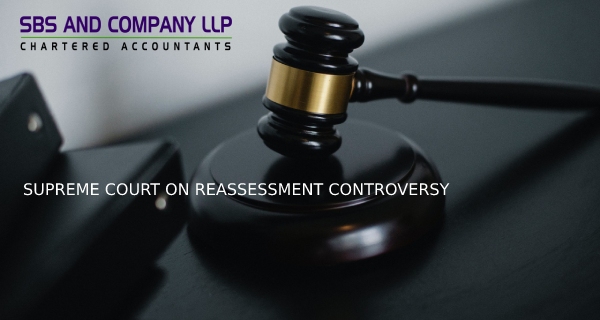- SBS AND COMPANY LLP
- Blog
- Hits: 2163
Certain Interesting Issues in Refund of Old Taxes vis-à-vis Transitional Provisions in GST Laws
Introduction:
The transition to GST from erstwhile regime is quite a challenging one for the entire country. Though the transitional provisions contained in the GST laws have been substantially improved from the bill stage to the current stage, there is still vacuum prevailing, which is causing great hardship for the tax payers. The GST Council should take stock of all such aspects and provide appropriate relief, so that the tax payers are relieved from the burden of reaching the courts time and again. In this article, we have identified certain issues, which create a problem for the taxpayers.








